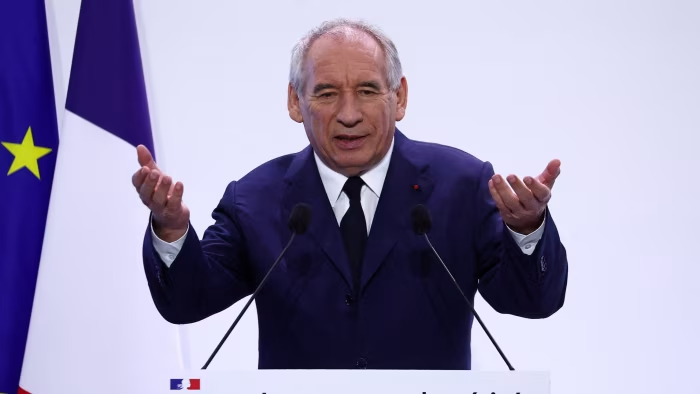Berlin Weighs €4 Billion Power Subsidy for Heavy Industry Amid Budget Tensions

Lead
Germany is poised to unveil a powerful economic lever: a proposed €4 billion subsidy to slash electricity costs for energy-intensive sectors—spanning chemicals, glass, plastics, and more—as it confronts stagnation, high energy prices, and coalition discord.
1. What’s on the Table
The proposed plan, spearheaded by Economy Minister Katherina Reiche, seeks to extend state-backed electricity price support from 350 to 2,200 firms over a three-year period, covering up to 50 percent of their power bills. The estimated cost is around €4 billion .
2. The Strategic Rationale
With its nuclear phase-out and pivot from Russian gas, Germany’s energy prices have stayed high, cutting into competitiveness. This subsidy aims to alleviate some of that burden and jump-start economic recovery after years of slumping growth .
3. Political Discord
Fiscal trade-offs have ignited tensions inside the ruling coalition. Earlier pledges for household energy tax relief—€5.4 billion annually—were scrapped, provoking backlash, especially from the CSU and SPD .
4. Deficit and Fiscal Risks
Berlin’s federal deficit is forecast to surge from €33 billion in 2024 to €126 billion by 2029. With borrowing limits relaxed for infrastructure and defense, this subsidy package could push Germany close to breaching EU fiscal rules .
5. Brussels Clearance
The proposal fits within newly expanded EU state aid guidelines, which permit subsidizing up to half of power costs for decarbonizing, energy-intensive industries. It now requires formal approval from both Germany’s finance ministry and the European Commission .
6. The Bigger Picture
This move addresses immediate competitiveness but reignites longstanding fiscal and political dilemmas: growth versus debt, industrial support versus household relief. It also reflects a strategic shift toward national industrial sovereignty and energy diversification .
Bottom Line:
Germany’s proposal of a €4 billion subsidy for heavy industry aims to buffer strategic sectors from energy cost shocks and reinvigorate the economy. But it unfolds amid internal coalition rifts, soaring deficits, and looming EU fiscal limits. The next steps—approval and execution—will test Germany’s ability to balance competitiveness, cohesion, and fiscal credibility.




